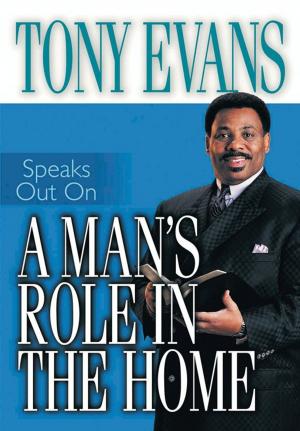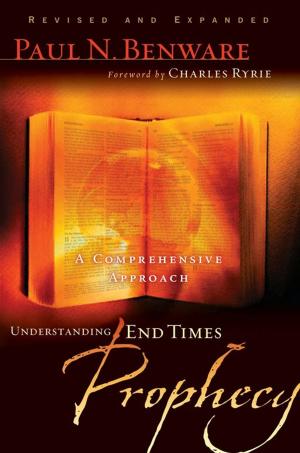When Helping Hurts: How To Alleviate Poverty Without Hurting The Poor . . . And Yourself
Nonfiction, Religion & Spirituality, Christianity, Christian Life| Author: | Corbett, Steve, and Fikkert, Brian | ISBN: | 9780802457059 |
| Publisher: | Moody Press | Publication: | June 24, 2009 |
| Imprint: | Moody Publishers | Language: | English |
| Author: | Corbett, Steve, and Fikkert, Brian |
| ISBN: | 9780802457059 |
| Publisher: | Moody Press |
| Publication: | June 24, 2009 |
| Imprint: | Moody Publishers |
| Language: | English |
Churches and individual Christians typically have faulty assumptions about the causes of poverty, resulting in the use of strategies that do considerable harm to poor people and themselves. When Helping Hurts provides foundational concepts, clearly articulated general principles and relevant applications. The result is an effective and holistic ministry to the poor, not a truncated gospel. A situation is assessed for whether relief, rehabilitation, or development is the best response to a situation. Efforts are characterized by an "asset based" approach rather than a "needs based" approach. Short term mission efforts are addressed and economic development strategies appropriate for North American and international contexts are presented, including microenterprise development.
Churches and individual Christians typically have faulty assumptions about the causes of poverty, resulting in the use of strategies that do considerable harm to poor people and themselves. When Helping Hurts provides foundational concepts, clearly articulated general principles and relevant applications. The result is an effective and holistic ministry to the poor, not a truncated gospel. A situation is assessed for whether relief, rehabilitation, or development is the best response to a situation. Efforts are characterized by an "asset based" approach rather than a "needs based" approach. Short term mission efforts are addressed and economic development strategies appropriate for North American and international contexts are presented, including microenterprise development.















